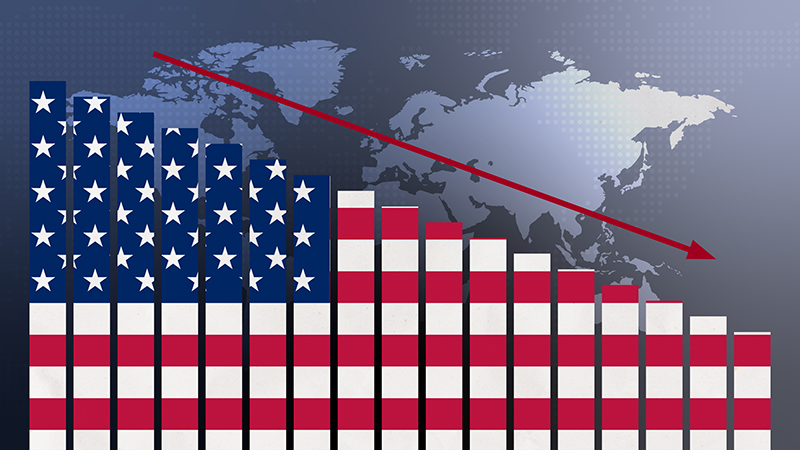It’s a bit early to steal legendary darts commentator Sid Waddell’s line on it being “the biggest comeback since Lazarus” but could there finally be some hope for value investing?
Pre-pandemic we’d been in a decade long discussion about how growth had comfortably outperformed value as a style. Then along came the pandemic and value stocks were hit even harder.
This was because quality/growth companies continued to deliver the consumer staples that everyone needs, even in the lockdown scenario. By contrast, many value companies are tied into discretionary spends.
Technology stocks, as we know, have dominated. So much so, that the five largest tech stocks are now worth some $7trn – almost double that of global banks and energy companies tracked on MSCI’s All-World indices combined*.
Looking for the green shoots of value recovery was not easy. More quantitative easing and zero inflation have been a boon for growth investing – and there really have been no signs of this environment changing. Value as a style was set to stay in the shadows of growth for some time – unless another catalyst could be found.
Vaccine news provides the boost value needed
There was of course the argument that value companies were so cheap due to the pandemic, that this was a catalyst in itself. But the vaccine news – first from Pfizer and then from Moderna – seems to have been the spark they needed.
In the UK we’ve seen the shares of ‘grounded’ companies Carnival and Easyjet rise more than 35%. And one of the biggest risers, SSP Group, which operates food and beverages at travel locations, was up more than 50% in a day. Leisure also rebounded, with the likes of Cineworld up 40%, while banks were up 10%. This was all in the first 24 hours of the vaccine news.
Figures from JP Morgan show that 9 November provided the biggest one-day value factor gains in history**. So it was indeed a good day for the investment style – not just in the UK but around the globe. The million-dollar question now is whether this value rally will continue or if it will be short-lived?
Does the value rally have legs?
So far it has been a sharp turnaround, with the ‘Biden bounce’ also playing a role. Duration is now the critical question. I think we can expect further good news – not just on vaccines but also on treatment. Could we see a world in 12-months’ time where Covid looks just like any other type of flu with regards to its treatment? I’d say that’s plausible now.
We can also expect a pick-up in economic activity from its low base, but there is still no traditional inflation on the horizon. I think we will see pockets of companies with pricing power, which aids their business models. Take airlines, for example. Capacity has come out of the industry. Some of the planes which were at the end of their lives have now been retired but airlines have not had the cashflows to buy new stock. The result could be fewer routes and potentially higher charges for customers. There is an argument it could be a big benefit for the survivors in that sector.
Having long endured the pain, we’ve been reminded very quickly of the benefits of value investing. Those who sold have missed the big gains, but I am not rushing to remove any of the value funds in our portfolios given what is currently happening.
Tapping into the value renaissance
Those wanting to tap into a value renaissance may like the Schroder Recovery fund, which has been managed by Nick Kirrage and Kevin Murphy since 2006. The pair invest in companies that have suffered a severe business or price setback, but where the long-term prospects are good.
Another would be the Ninety One Global Special Situations fund, where managers Steve Woolley and Alessandro Dicorrado start by screening for cheap out-of-favour stocks which have fallen 50% relative to their index.
An investment trust like Fidelity Special Values may also be attractive. Run by contrarian manager Alex Wright, this trust has holdings in companies like Meggitt, in the aerospace after-market business, and C&C – a drinks business that has been very badly impacted by Covid, but is still making money.
*Source: Financial Times
**Source: JP Morgan











